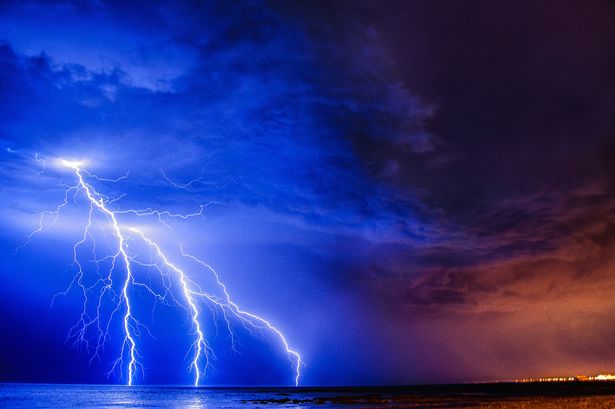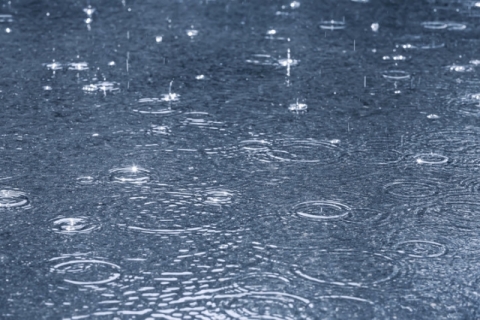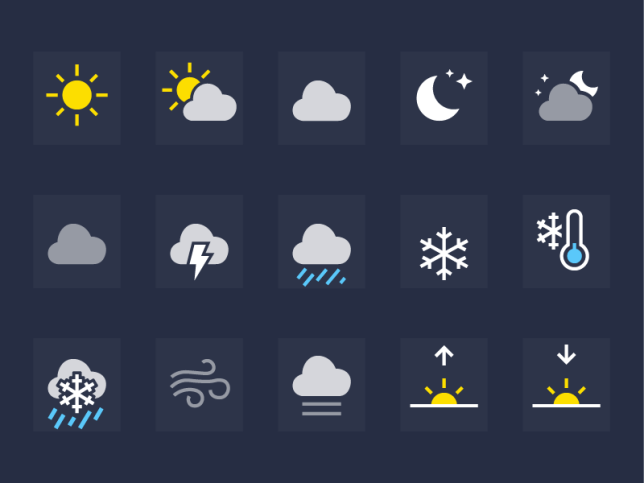Here’s this week’s prompt.
Despite the recent snow in the Rocky Mountains, it’s summer in the Northern Hemisphere. Do your stories and worlds reference seasons and do they play into the plots of your books?
Another week, another prompt to get me thinking. As a writer of science fiction, you might think that the weather is the least of my concerns. After all, I have planets to build and galaxies to cross, who cares if it’s raining?

Personally, I think that it matters a great deal. I tell the people who attend my world-building workshops that characters are more than just the people who inhabit your world. The world itself is a character, as is the weather. Just think for a moment, does the weather affect your mood? Do you feel or act differently in winter or summer, sun or rain? In the same way as being cold and wet affects you, it can affect your characters and transfer the emotion to your readers. And of course, on a global scale, the weather affects where and how we exist. If it does that here, it will do so even more once we leave this planet and set off into the galaxy.
I try to use the weather, climate and meteorological conditions to enhance the setting, change the way the characters act and provide the little details that flesh out the story.
Let’s take a couple of examples.
For my novel Ribbonworld, I created a planet without a breathable atmosphere. So that people could live on this particular place, I had to put everyone under a huge dome. No chance for weather there, you might think. In fact, you’re wrong. The dome required an air supply, especially as it was leaky. This created a draft; wind if you like, as air was pumped in to replace the gas which was whistling out through the holes in the structure. In this way, the weather became an important character. Plus, water vapour condensing on the underside of the dome made it rain.
Talking of rain,

it also rains a lot on New Devon, one the main planets in my Dave Travise stories. In the words of Dave himself: –
It rains a lot in New Devon, so they have invented the anti-static hat; Gaia knows how it works, but the rain just bounces away from you so that you keep dry. At first, it looks weird seeing people walk along with an aura of water all around them. There is a superb cabaret show with lights and dancers creating multi-coloured waterfalls, but not on this world, it’s a bit showy for the locals.
I think that little details like this, add to the creation of a more believable place. On Earth now, there are lots of little things that we could use in a description of our world to a visitor, they all enhance the experience and give clues as to the type of place it is.
In my dual-time thriller Life and Other Dreams,
my main character inhabits autumn, with its rain and cold, while his alter ego lives in a land of sunshine, this helps to create the mood of the narrative, keeping the two worlds separate and distinct.
All the space farms I’ve created,
in locations where they shouldn’t be possible, under the dome on Reevis, in space on the Orbital Livestock Company platforms and underground on Mars, in the Tharsis colony; all have controlled climates. This is essential to mimic growing conditions on Earth, enabling them to produce food for the colonists. And we’re not limited to boring stuff, during extensive research I’ve learnt a lot about hydroponics and soil. I also have things like large oscillating tanks to grow seafood in realistic conditions; as well as the more conventional means of production. See this post, Down on The Farm, for more of my thoughts on the subject.
I wrote a short story called When the Wave Comes,
a coming of age tale in which a large tidal wave was generated every year by the action of a planet’s moons. The inhabitants used it as a test of manhood, all who stood before the wave and survived were allowed to be a part of society, all who refused or ran were their slaves.
Once again, I digress. Maybe you’re used to it by now?
The point of all that was really to say that, as I’m inventing the setting for my stories, I’m not limited by Earthly constraints. Although it’s always a good thing to make it believable, it means that I can play around with all aspects of the conditions so that it keeps things interesting.

If this post has got you interested in any of my novels, you can get more details by clicking the Portfolio link. Or, to receive a free short story, The Orbital Livestock Company, just join my team of subscribers by clicking here.
I’ll be back on Thursday with another Showcase post, featuring an Indie Author with something to say. Please click the links to see the other great blogs on this hop.



Lela Markham
Nice! I love to read sci fi, but have often thought that off-world settings really need some sort of weather and frequently that is lacking. At some point, I’m going to have to find time to read your books.
Richard Dee
I think you have use everything you can to create as immersive an experience as possible. And if it’s relatable as well (no matter how vaguely), even better.
Amy Miller
The weather and the world really are characters, and are two important tools that are sometimes forgotten in books. Also, the hat is brilliant!
Richard Dee
Thanks, I try to make my worlds just slightly strange and different enough to be interesting. The technology already exists for living on other planets, just the means and the destination are lacking.
Richard Marman
I reckon while trying to keep climatology, anthropology and geography authentic (especially for historical novels which is my genre of choice), you sometimes have to use your imagination. You don’t want inclement weather interfering with your plot.
P.J. Maclayne
in one way i love the weather concept of Life and Other Dreams, and in another way it makes me sad. Part of the joy of seasons is seeing them change.
Richard Dee
The plot takes place over a few short weeks (on Earth) so there’s not the chance to change much, but I get what you mean.